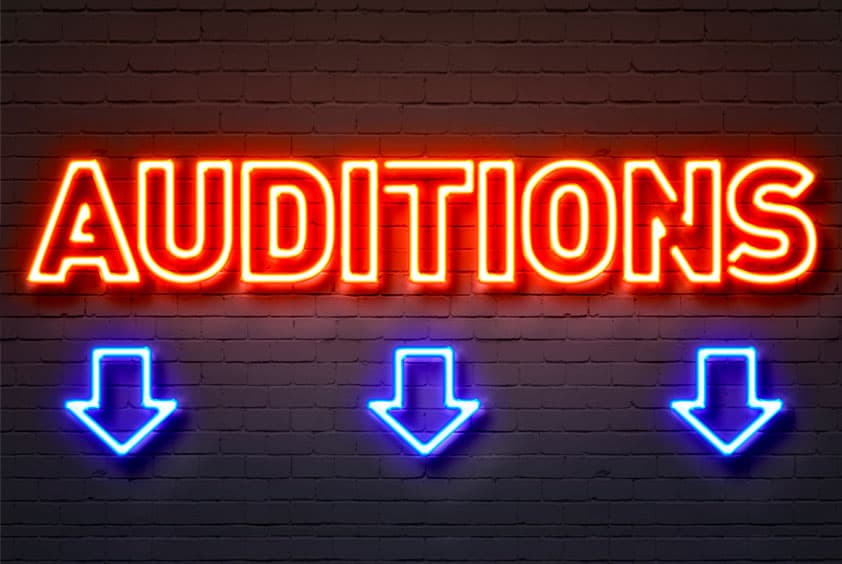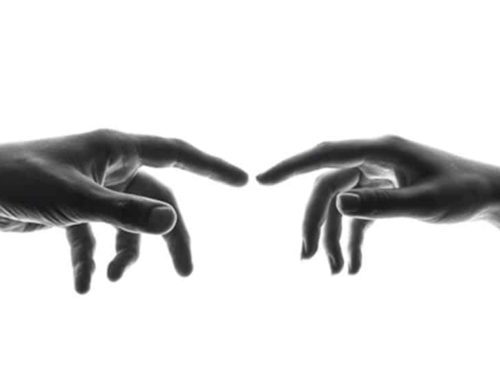These are not guidelines on the technique of self-taping. They are just a few tips to keep in mind before you record yourself or go into a virtual callback. Perhaps some of these are familiar to you. Maybe they are no-brainers. Or maybe you’ll see something new that will help you for your self-taped audition or during a live callback.
Just as in any first time audition, you don’t have to have the lines memorized. But it is imperative that you know your first and last lines. Because of the way auditioning has changed, the auditors (the people who are receiving and watching your auditions) are seeing you closer up than in a normal audition or callback. They can see more clearly how comfortable you are with the script. They are studying your ability to ‘connect’ with more scrutiny.
- Warm up physically and vocally before your audition.
(This helps your body and mind work together as one – even if you’re auditioning in a seated position.) - Study the sides (the lines) thoroughly before you audition.
(Being prepared shows in your work. We want this.) - Dress comfortably and appropriately for the character.
(This helps the auditors see you in the role.) - Read the audition instructions thoroughly.
(Don’t assume you know what to do. Pay specific attention to the instructions regarding the slate (self-introduction) and details about filming and then labeling your files. Otherwise, you may not get seen by the director.) - Approach your audition with choices.
(Be careful not to practice your audition the same way. Otherwise, if the director asks you to try a different approach, your ‘instrument’ might get confused and you will mess up your lines.) - Once the camera starts rolling, take a moment before you begin speaking to picture who you’re talking to.
(This small action draws the viewer in.) - Hold your character for a beat at the end.
(There are two reasons for this: One is that it shows commitment. The other is that it helps if we are editing the takes and we need a bit more of you on camera.) - Avoid commenting (facially or verbally) on your performance.
(We might think you did a great job, but if you make a face or a comment, we will then think differently about your performance.) - Keep records of your audition. (Who, What, When, Wardrobe, etc.)
(It’s always good to know who calls you in and for what types of roles. If you get a callback, you’ll want to wear the same clothes or similar to help the auditors ‘remember’ you.) - We (casting director, director) are looking for the actor who is relaxed, professional, and easy to work with.
(This makes the whole process easier in the studio and on set.)







